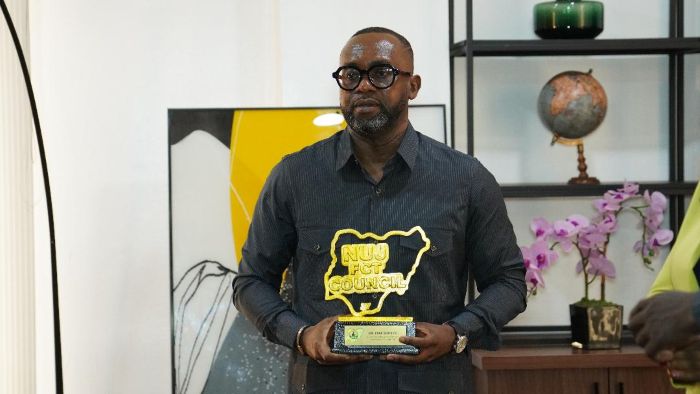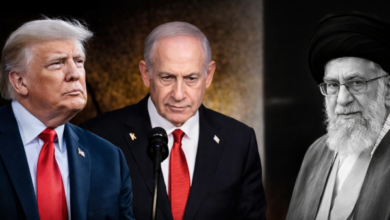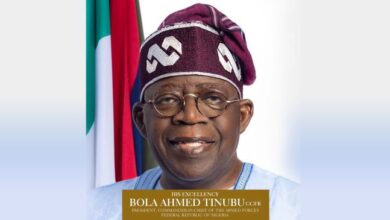
Abuja, Nigeria – Former Chief Corporate Communications Officer of NNPC Ltd, Mr. Femi Soneye, has called on the Federal Government to support the Nigerian media industry with targeted tax incentives, import duty waivers, and an independent development fund for journalism.
Speaking in Abuja after receiving the NUJ FCT Excellence in Corporate Communications Award, conferred by the Nigerian Union of Journalists (NUJ), FCT Council, Soneye argued that Nigeria’s media, while vibrant and influential, is weighed down by systemic challenges that threaten its sustainability.
A Vibrant but Strained Media Sector
Nigeria boasts one of Africa’s most dynamic media ecosystems, spanning traditional print, broadcast, and fast-growing digital platforms. Yet, financial fragility, high operating costs, political pressures, and technological disruption have left newsrooms struggling to stay afloat.
Soneye highlighted the rising cost of newsprint, broadcast equipment, and digital infrastructure—most of which are import-dependent—as a critical barrier to industry growth.
“The government can play a supportive role by granting tax incentives or relief on import duties for newsprint, broadcast equipment, and digital infrastructure,” he said.
Why Tax Reliefs and Duty Waivers Matter
For an industry that operates as both a public good and a business, fiscal policies can make the difference between survival and decline. Tax incentives and duty waivers would:
- Lower production costs for print and broadcast houses.
- Enable newsroom digitisation and investment in modern tools.
- Free resources for investigative journalism and in-depth reporting.
- Strengthen community radio and local news outlets, which often serve underserved regions.
Countries like South Africa, Canada, and the United States have long embraced targeted support models, recognising that media sustainability underpins democracy and accountability.
Call for an Independent Journalism Development Fund
Beyond fiscal relief, Soneye advocated for the creation of a National Independent Media Development Fund, insulated from political interference. Such a fund could:
- Support investigative journalism critical for exposing corruption and misgovernance.
- Provide grants for innovation in digital journalism and newsroom technology.
- Strengthen community radio and grassroots communication platforms, which amplify local voices.
- Facilitate training and retooling of journalists to meet the demands of digital-first media.
According to him, this would not only strengthen press freedom but also ensure the Nigerian media evolves with global best practices.
Recognition and Professional Legacy
The NUJ award marks another milestone in Soneye’s professional journey, recognising his contributions to journalism, corporate communications, and industry advocacy. NUJ Chairperson Grace Ike, alongside other executives, described him as “a consummate professional who has distinguished himself with tact and excellence.”
For Soneye, the honour is not just personal—it is a platform to amplify his call for a resilient, independent, and sustainable Nigerian media sector.
BRANDECONOMY Takeaway
The Nigerian media’s survival is not just a sectoral issue—it is a democratic imperative. Without fiscal reliefs, modern infrastructure, and independent funding, newsrooms risk further decline, undermining accountability and public trust.
Soneye’s appeal underscores an urgent truth: sustaining journalism requires strategic state support, without compromising independence. The path forward lies in smart incentives, innovative financing, and global benchmarking.
For Nigeria, a strong media is not a luxury—it is the oxygen of democracy.
👉 Would you like me to also design a visual infographic (showing the 3 pillars of media sustainability: Tax Incentives, Duty Waivers, Independent Fund) so the piece can drive maximum engagement on BRANDECONOMY’s platforms?











